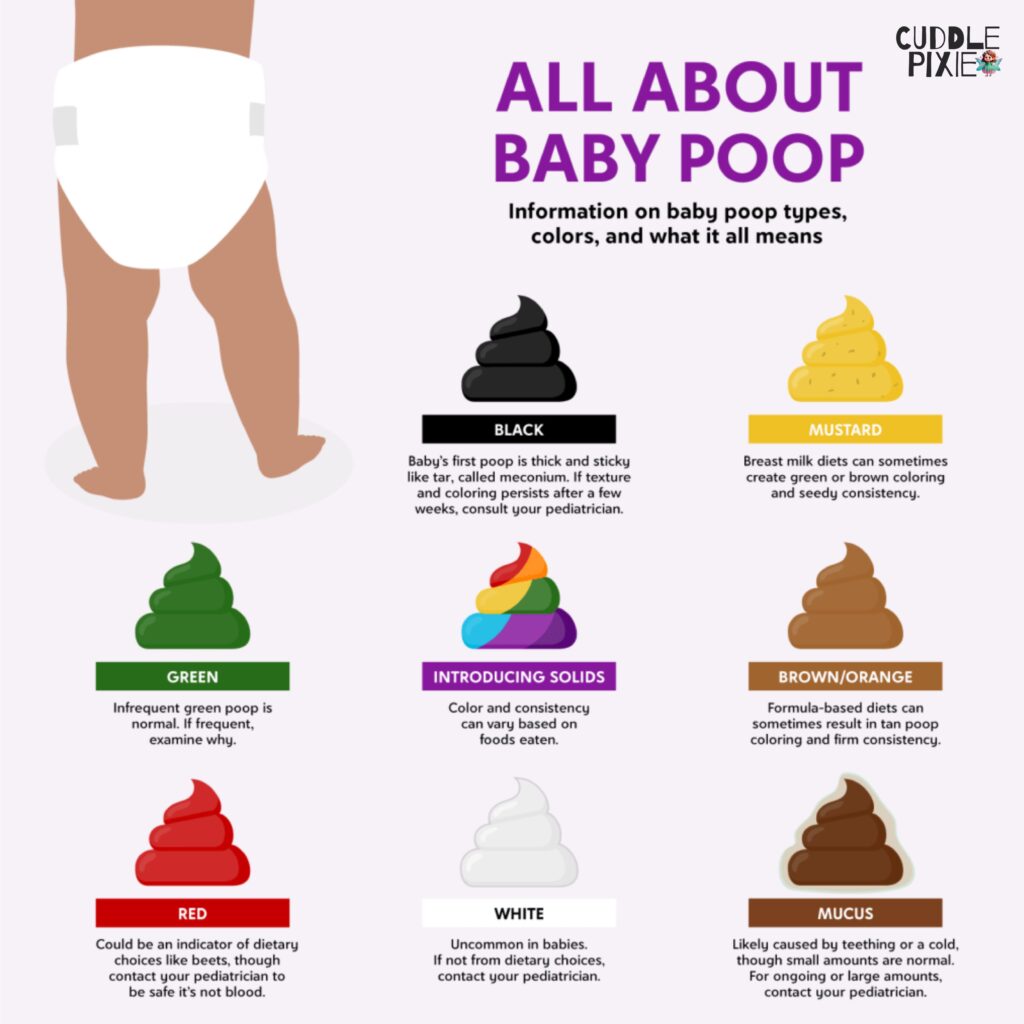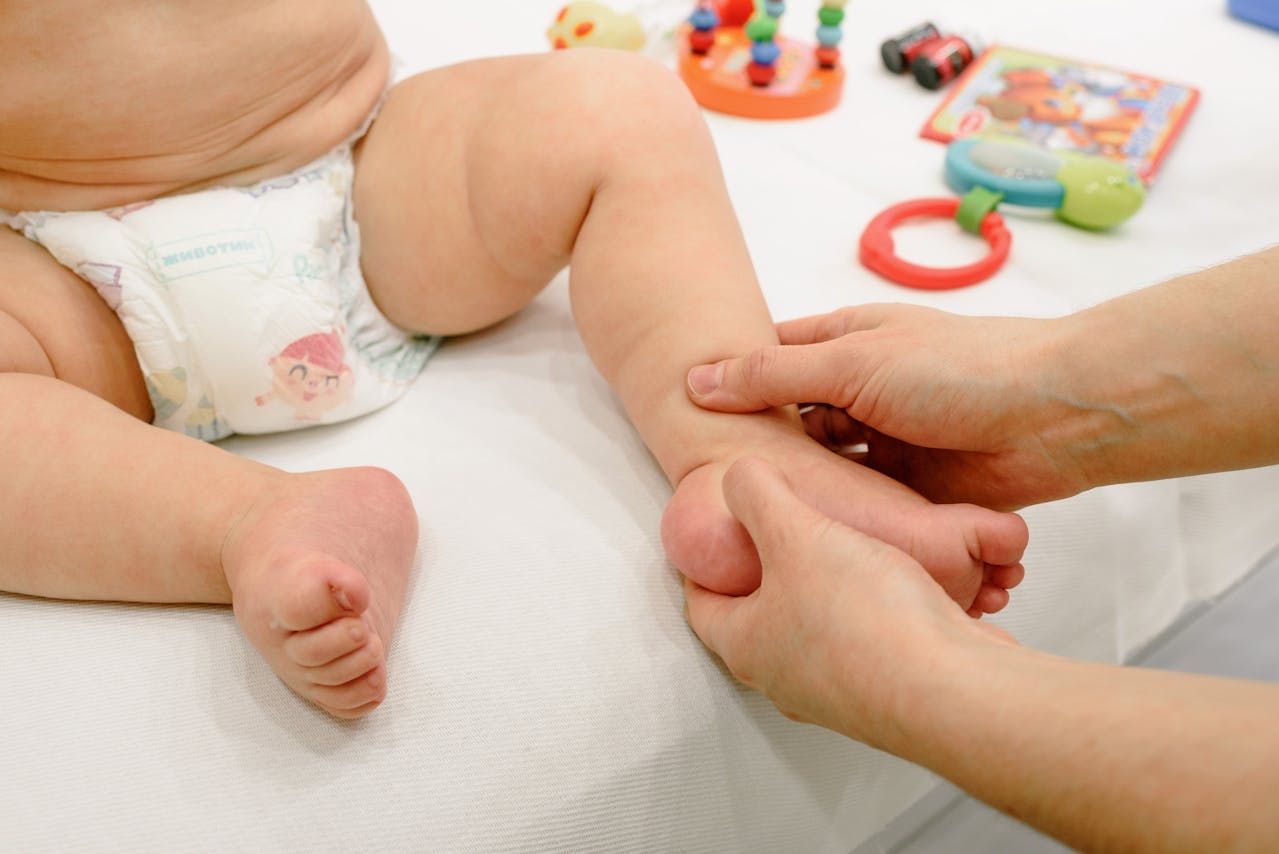Congratulations on the arrival of your bundle of joy! As you embark on this incredible journey of parenthood, you’ll encounter many surprises, including the occasional greenish tint in your baby’s diaper. But fear not! Let’s delve into the intricacies of newborn poop and unravel the mystery behind why it sometimes takes on a green hue.
Table of Contents
Normal Color Changes
In the first few days after birth, your baby’s poop may astonish you with its appearance—sticky, tar-like, and dark green or black. This unique substance, known as meconium, consists of amniotic fluid, mucus, and other substances ingested while your baby was in the womb. As your little one transitions to breast milk or formula, their poop typically transforms into a mustard yellow color, signaling a healthy digestive system at work. However, don’t be alarmed if you spot a variation in color from time to time.
Factors Influencing Green Poop
Breastfeeding moms may notice occasional green poop in their babies, often due to a temporary imbalance between foremilk and hindmilk. Foremilk, the milk released at the beginning of a feeding session, contains higher levels of lactose and lower levels of fat, giving it a bluish tint. When a baby consumes predominantly foremilk without receiving enough hindmilk, the resulting poop can appear green. This phenomenon is usually harmless and resolves on its own as the feeding pattern adjusts.
On the other hand, formula-fed babies might experience green poop due to various factors, including the iron content in certain formulas or the introduction of solid foods. Additionally, some babies may have sensitivities or allergies to certain components in formula, leading to changes in stool color. It’s essential to monitor your baby’s feeding habits and poop color to identify any patterns or concerns.

Health Concerns
While green poop is typically benign, there are instances where it could indicate an underlying issue. If your baby’s poop remains consistently green and is accompanied by other symptoms such as fever, vomiting, or irritability, it’s crucial to consult your pediatrician. These symptoms could signal a gastrointestinal infection, allergy, or other health condition that requires prompt attention.
Tips for Parents
To navigate the world of newborn poop with confidence, consider the following tips:
- Keep a diaper diary to track your baby’s poop color, consistency, and frequency.
- Pay attention to your baby’s feeding habits and ensure they’re receiving an adequate balance of foremilk and hindmilk (for breastfeeding moms).
- If you’re formula-feeding your baby, discuss any concerns about stool color or consistency with your pediatrician. They can provide guidance on formula selection and feeding practices.
- Trust your instincts and don’t hesitate to seek medical advice if you have any concerns about your baby’s health or well-being.
Wrapping Up
Understanding why newborn poop turns green can provide valuable insights for parents and alleviate unnecessary worries. By staying informed, attentive, and proactive in monitoring your baby’s health, you can navigate the joys and challenges of parenthood with confidence. Remember, every baby is unique, and variations in poop color are a normal part of their development. Embrace the journey, cherish the milestones, and don’t hesitate to reach out for support when needed. Parenthood is an adventure best shared with a supportive community by your side.
Featured Image by Ksenia Chernaya
